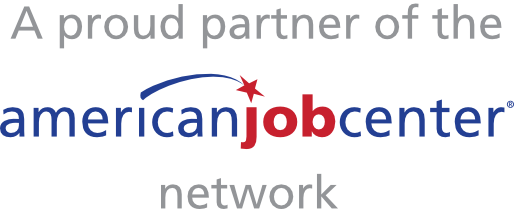Chairman Khanna, Ranking Member Norman, Committee members, and distinguished guests, thank you for the opportunity to share my perspective from the ground here in West Virginia.
My name is Brandon Dennison. I am a life-long West Virginian. I am a proud West Virginian, even though many make fun of my people. In an era of political correctness, it’s still somehow totally acceptable to demean “rednecks”, “hillbillies,” “trailer park trash,” and “Trump voters.” We can get over such insults, but the deeper damage resulting from America’s scorn for Appalachia results from generations of economic extraction, exploitation, and struggle.
The addiction epidemic (which was ravaging our hills and hollers even before the COVID 19 pandemic) is directly linked to the economic hopelessness so many of us feel not just in Appalachia but in rural communities across the country. The country has demanded our natural resources, our high rate of military volunteers, our preserved forests. But the country has not supplied us with the long-term investments necessary to enjoy the kind of wealth that bigger cities have enjoyed. Broken promises have piled up here in West Virginia, both from the public and the private sectors. Many communities still lack basic infrastructure such as clean drinking water or cell service (let alone internet access). Perhaps the most egregious promise was the false hope that the coal industry could ever again be the engine of job creation it once was.
But please understand this: even when coal boomed, we still had some of the highest poverty rates in North America. In too many communities, the coalminers were actually the lucky ones. They got some of the few good paying jobs available. They kept their dignity.
Our needs in Appalachia are much larger than merely finding new jobs for former miners. And they’re much more complex than converting a miner to a solar installer. We need large and sustained place-based investment of a magnitude capable of reversing decades of disinvestment and decay.
The organization I founded in 2010, Coalfield Development, is creating new social enterprises in a diverse array of sectors in order to model what a more sustainable and diversified economy looks like. We helped start the first solar company in our community; it launched out of an old, beat-up ice cream truck. We created a statewide sustainable agriculture cooperative; it started on a former mountaintop removal mine upon which most figured nothing could ever grow again. We hire local workers to revitalize abandoned and dilapidated historic buildings; places most assumed would have to be torn down now house new businesses.
The businesses we create at Coalfield Development purposefully hire people who face barriers to employment (more than 300 of them so far): those in recovery from Substance Use Disorder, racial minorities, people on public assistance, and former coalminers. These folks work according to what’s called the 33-6-3 model. The model is designed to not only create jobs for those that need a job, but to create a transformational opportunity for people to realize their full potential, power, and purpose. Each week includes 33 hours of paid labor, 6 hours of higher education, and 3 hours of personal development.
We learned early on that job-training alone isn’t enough to build a new post-coal economy. We have to provide job-training and create the new jobs at the same time. Because people can’t put their lives on hold to complete an unpaid training program. They have families feed, mortgages to pay.
Social enterprises are a unique business model that can achieve both the training and the direct employment our people need. They can also demonstrate, very tangibly, what a new economy actually looks like. They can pioneer new markets for our region.
We’re not asking for special treatment. We’re asking for a fighting chance. Appalachians have given so much to America. And we still have more to give. Appalachian people have the hands-on skills to literally rebuild the economy. We have the skills to retrofit buildings to be more energy efficient, to install solar systems, to reclaim scarred landscapes, and to grow local food. Too often, in discussions about the need for a greener economy, rural extractive communities are thought of as collateral damage which needs mitigated with government subsidy. This is totally backwards. Rural America can lead the way for a greener economy. We have the gumption and grit to do so. What’s missing is the investment at the scale that’s really necessary given the size of both the challenges and the opportunities. I ask this committee to consider big and bold investments in our region.








